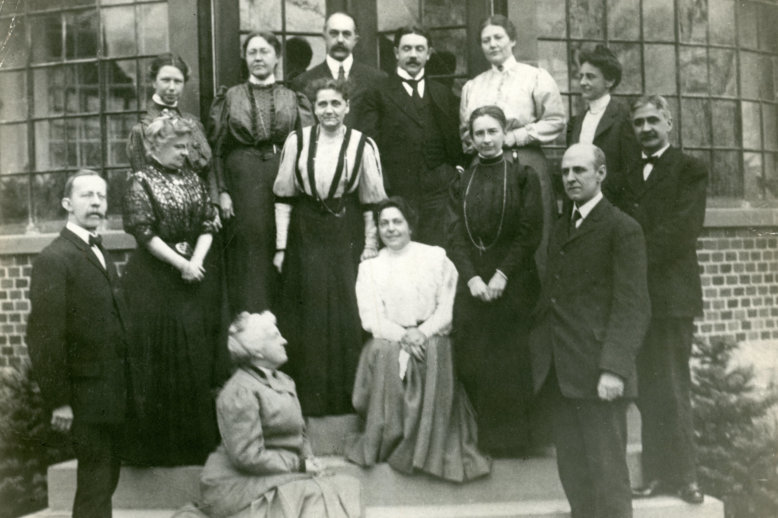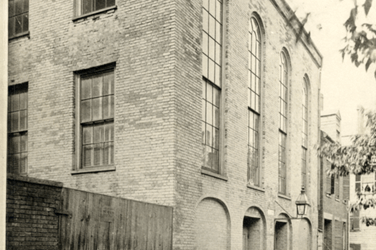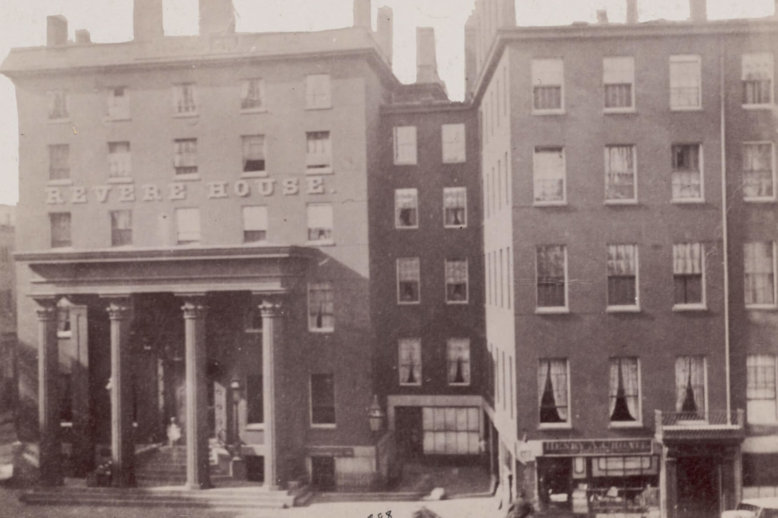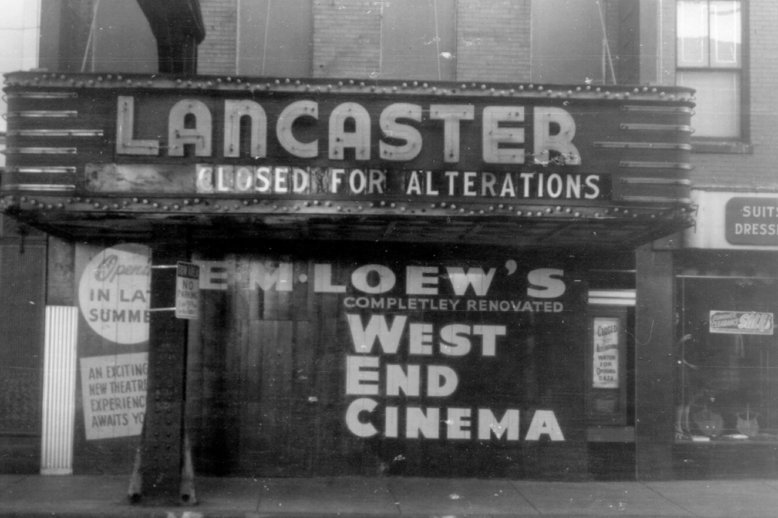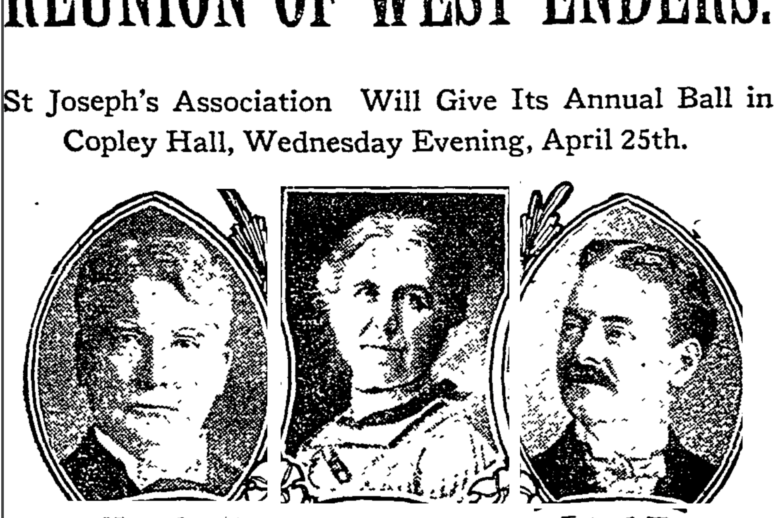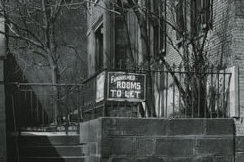The Settlement Movement
The settlement movement was an attempt by scholars and social reformers on both sides of the Atlantic to address the problems caused by industrialization, urbanization, and, in America’s case, the mass immigration of the late 19th and early 20th centuries. Settlement Houses were important institutions in Boston’s West End, assisting families with a wide range of educational and social services.


